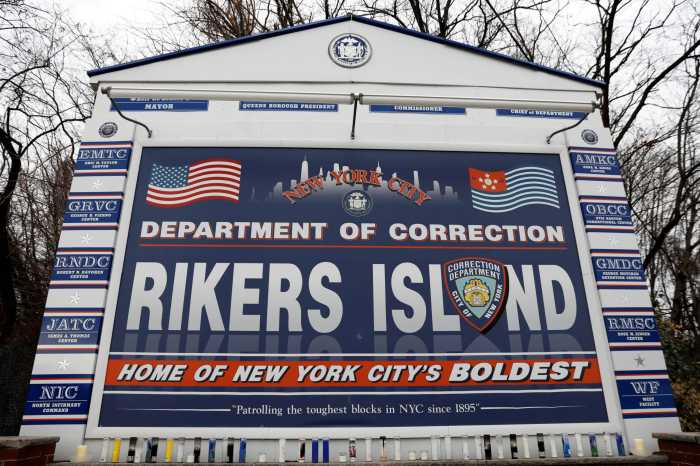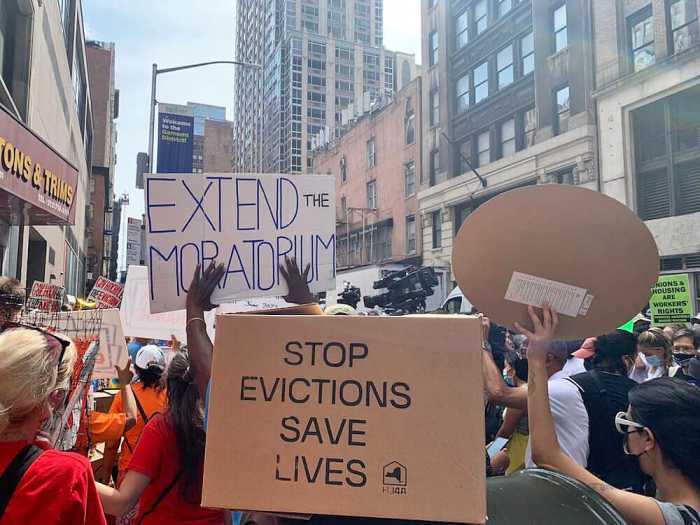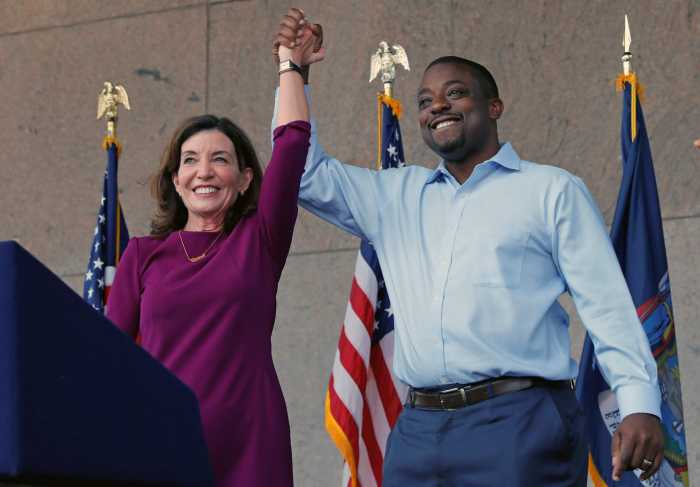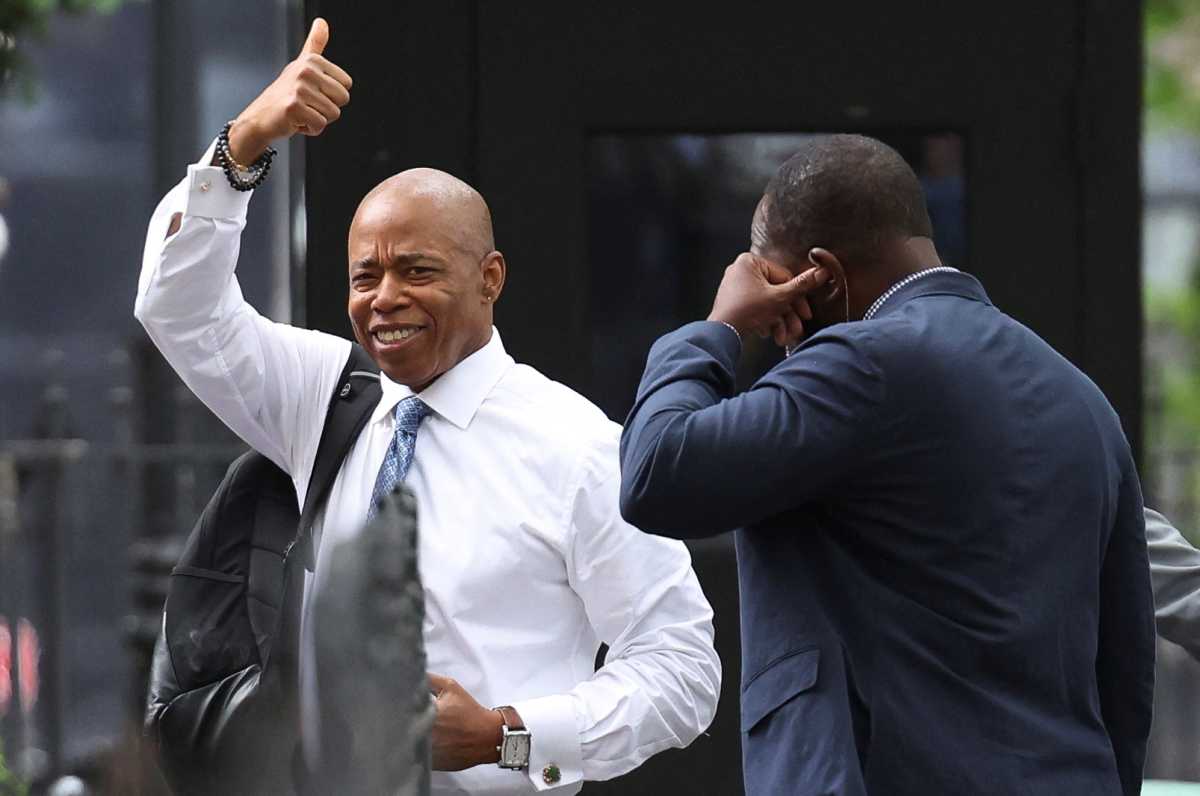Gov. Kathy Hochul on Tuesday signed legislation creating a new conditional adult-use cannabis cultivator license, establishing a pathway for existing New York hemp farmers to apply for a conditional license to grow cannabis in the 2022 growing season for the forthcoming adult-use cannabis market.
Under the law, conditionally licensed cannabis farmers must meet certain requirements, including safe, sustainable and environmentally friendly cultivation practices, participation in a social equity mentorship program, and engagement in a labor peace agreement with a bona fide labor organization.
“I am proud to sign this bill, which positions New York’s farmers to be the first to grow cannabis and jumpstart the safe, equitable and inclusive new industry we are building,” Gov. Hochul said. “New York State will continue to lead the way in delivering on our commitment to bring economic opportunity and growth to every New Yorker in every corner of our great state.”
Assembly Majority Leader Crystal Peoples-Stokes said, “Last year, after many years of fighting, we finally enacted the Marijuana Regulation and Taxation Act (MRTA), and are beginning to undo the devastating impacts over ninety years of unequal enforcement of marijuana prohibition had on too many lives and communities.
“MRTA ensures that the legal adult-use market will be centered on equity and economic justice for communities of color and individuals that have been harmed most by the War on Drugs in the State of New York,” she added. “With the passage of this bill, we have the opportunity to create a responsible start to the adult-use cannabis industry by authorizing temporary conditional cultivator and processor licenses to current New York hemp farmers.
“This authority will help secure enough safe, regulated, and environmentally conscious cannabis products to meet the demand of the adult-use cannabis market when retail dispensaries open,” Peoples-Stokes continued. “Importantly, this legislation calls for a Social Equity Mentorship Program, which will create a viable and inclusive path for social and economic equity partners interested in cannabis cultivation and processing to gain invaluable knowledge and experience in this emerging industry. The temporary conditional licenses authorized by this bill will ultimately help realize the vision and goals of the MRTA.”
Sen. Michelle Hinchey said, “Today is an exciting day in New York as our bill to give New York farmers the ability to start the cannabis market is signed into law.
“The MRTA set the foundation for our state to build a truly circular cannabis economy that puts New York farmers and small business dispensaries at the center of growth and production, and with the signing of this bill, farmers can now put seeds in the ground to ensure we meet the demand of this burgeoning industry,” she said. “I thank Gov. Hochul for her quick action on this bill so that we can get to work building the most forward-thinking and socially-equitable cannabis industry in the country.”
With a conditional adult-use cannabis cultivation license, the governor said farmers can grow outdoors or in a greenhouse for up to two years from the issuance of the license.
She said it also allows them to manufacture and distribute cannabis flower products without holding an adult-use processor or distributor license, until June 1, 2023.
Cultivators are limited to one acre (43,560 square feet) of flowering canopy outdoors or 25,000 square feet in a greenhouse and can use up to 20 artificial lights.
They can also split between outdoor and greenhouse grows with a maximum total canopy of 30,000 square feet as long as greenhouse flowering canopy remains under 20,000 square feet.
Hochul said the OCM will be developing a license application process and opening the program as soon as possible.
To qualify for an Adult-use Cannabis Conditional Cultivator License, an applicant must have been an authorized industrial hemp research partner for the Department of Agriculture and Markets, cultivating hemp for its non-intoxicating cannabinoid content for at least two of the past four years and in good standing as of Dec. 31, 2021, when the research program ended.
Holders of the license must also participate in a social equity mentorship program, where they provide training in cannabis cultivation and processing for social and economic equity partners, preparing them for potential roles in the industry.
Growers will also have to meet sustainability requirements to ensure the cannabis is grown in an environmentally conscientious way.
The governor’s action on Monday builds on the quick work she and the OCM have undertaken to bring the new cannabis industry to life in New York.
In January, the Governor’s Executive Budget proposed a $200 million program that will use industry licensing fees and revenue to provide support to eligible applicants from communities impacted by the overcriminalization of cannabis during its prohibition.
The governor and the Legislature also moved quickly to appoint the Cannabis Control Board and OCM leadership within weeks of the start of her administration.
Since the Board held its first meeting on Oct. 5, the OCM has launched the Cannabinoid Hemp Program, putting in place protections for the public and provisions to help New York’s CBD businesses compete; vastly expanded access to the Medical Cannabis Program, including empowering health care providers to determine if medical cannabis can help their patients, lowering costs by permanently waiving patient fees and allowing the sale of whole flower, and growing the list of providers who can certify patients.
The OCM has also launched its first wave of community outreach events with 11 regional events, including one in Spanish, that’s already engaged more than 5,000 attendees; and developed a pipeline of talented professionals to join the Office’s growing team and built the infrastructure to support the office.
























